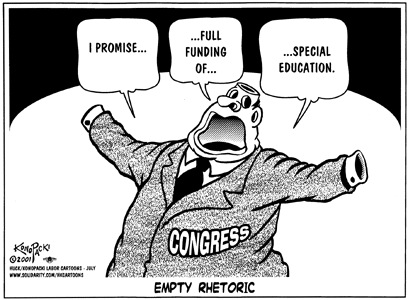The arts aren’t for everyone. Well let’s make this a little more magnified: the arts aren’t necessarily for the typical macho man, as stereotypical as that sounds. So it wasn’t a surprise to me that the only people who replied with a yes to my request to go see the play Frozen by Bryony Lavery at the Downtown Theatre were girls (minus my friend Tim who is a theatre major). No current boy thing of mine was eager to go, regardless of my plea and rants about doing things I like, instead of being stuck in front of the ESPN network all day with the occasional switch to Call of Duty every hour on the hour.
 |
| Penn State School of Theatre students who peform these fantastic plays. Check them out here ! |
But as Frozen went on, and that two hour time span was chock full of emotional moments of crying and philosophical arguments that I know my boy thing wouldn’t have grasped anyway, I was glad I came with my girls (minus Tim). Not only did I have time without vigorous button pounding, but I had time to contemplate the overall message of the play. Frozen had hidden deep meanings throughout it, but for the purpose of rhetoric blogs, I chose to point out one specific act that struck me as interesting in the rhetorical aspect and its relationship to the real world.
Frozen is about three separate life experiences occurring at the same time that all interconnect. One is a mother, Nancy, who lost her daughter, Rhona, at the age of 10 when another character, Ralph, abducted, sexually assaulted, and murdered her in a shed not far from Nancy’s own home. The third character in the play is Agnetha, an American scholar who travels to England to present her thesis about whether or not murder is a forgivable act. Agnetha determines her decision on the thesis after doing multiple cognitive studies on Ralph while he is imprisoned for the murder of not only Rhona but several other young girls in England.
One act in the play is a monologue by Nancy in which she speaks to the audience about the organization she is leading to find the lost children, like Rhona, of parents in England. She tells how she gets up in front of hundreds of people to speak about her experience and persuades them to donate money and assist her in locating the children around England who have been kidnapped. Her actions to find Rhona are an example of rhetoric. Her rhetoric is filled with emotion and personal experience which forces people to think of no other option but to help her find the lost children.
However, as Nancy is giving her monologue, the audience can see a different twinkle in her eye that is not just for other parents to find their children. Nancy stresses to the audience (the people present at the play) that her goal is deceiving, that she honestly could care less about the other lost children of England, and that she really just desires something more selfish, to just have Rhona back in her arms.
 |
| Political cartoon displaying promises found here |
Rhetoric might be used for more evil than good. We are noticing the things people are saying, but what about the things they aren't saying? It makes me wonder, who can you really trust to persuade you if aren’t present for their monologue?
No comments:
Post a Comment